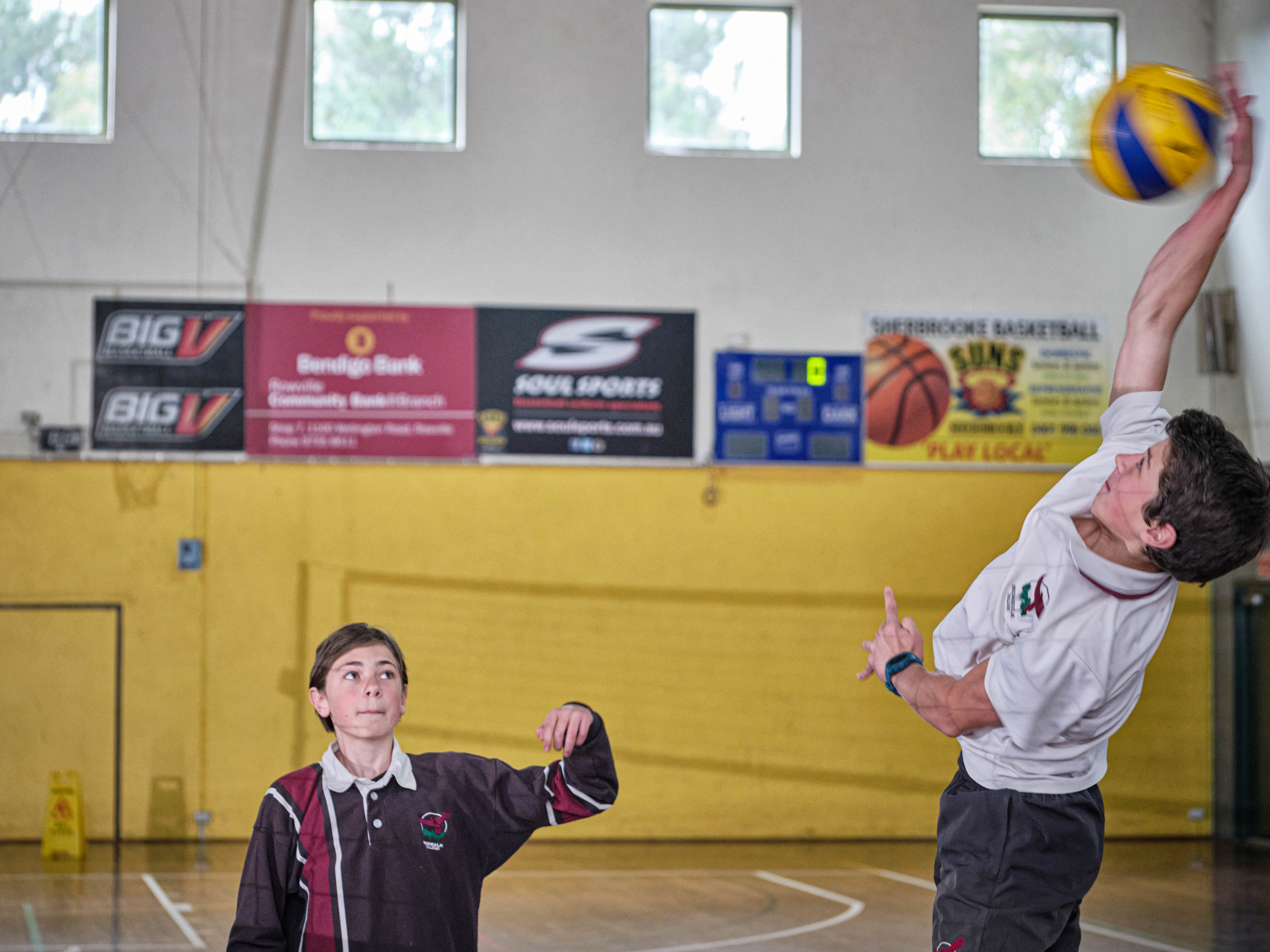Health & Physical Education - Years 7 to 9
Health and Physical Education enables students to develop skills, knowledge, understanding, and a willingness to positively influence both their own health and wellbeing and that of their communities.
Through the Health and Physical Education curriculum, students experience a curriculum that is contemporary, relevant, challenging and enjoyable, and that encourages movement. The Health and Physical Education curriculum is underpinned by interrelated propositions that require teachers to take a strengths-based approach with a focus on an educative purpose. Valuing movement and developing health literacy are integral to the learning area, while critical inquiry is recognised as an important teaching and learning approach that can build on important skills, knowledge and understandings.
Fundamental to physical education are the acquisition and application of movement skills, concepts and strategies across a range of contexts. Movement is a powerful medium for learning, through which students can acquire and practise physical, social, psychological and cognitive skills. When learning in movement contexts, students gain skills, understanding and dispositions that enable them to participate confidently and competently to support lifelong involvement in physical activity and enhanced movement performance. This includes learning in a range of contexts, including community, aquatic and outdoor environments, in order to promote a sense of wellbeing, enhance personal and social skills, and help students understand the concept of risk versus challenge.
Health education addresses contextual factors that influence the health, safety, relationships and wellbeing patterns of individuals, groups and communities. Students develop the critical understandings required to challenge discrimination, assumptions and stereotypes. They gain the skills needed to take positive action regarding diversity, inclusion, consent and respect in different social contexts. They learn about personal, social and emotional changes and transitions and develop a sense of their own and others’ identity and emotional responses. They also learn to access and evaluate health information in order to enhance their own and others’ health and wellbeing. Students develop personal and social skills through interacting with others in classrooms, outdoor learning environments and movement contexts.
At Year 10, students can elect to do Health and Physical Education as semester length courses. In all of the Year 10 units, students are introduced to key skills and knowledge linked to the VCE studies of Health and Human Development and Physical Education.

© Monbulk College
